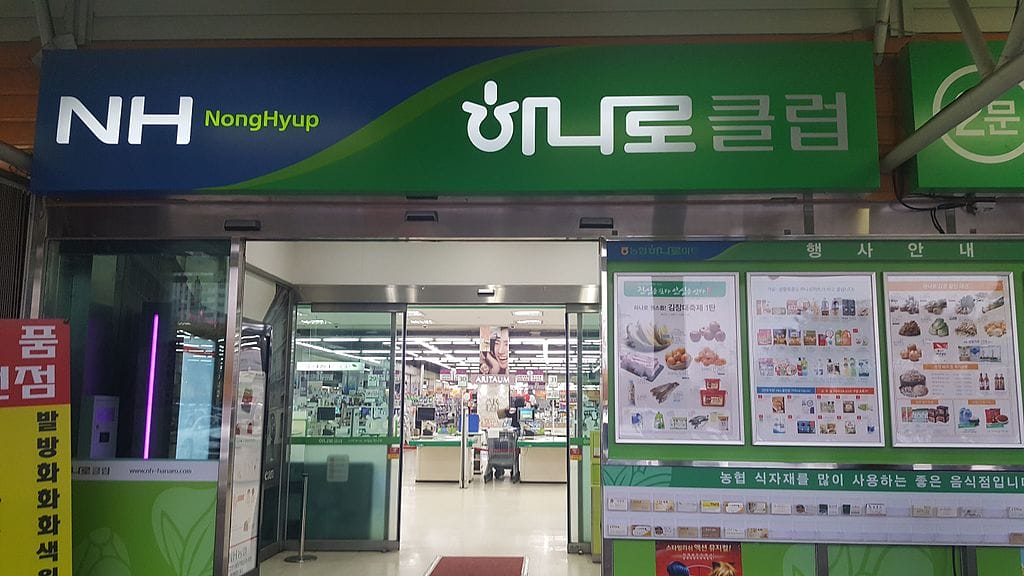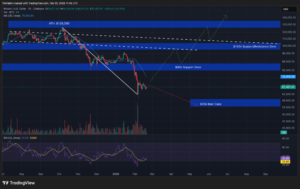Last updated:
 Why Trust Cryptonews
Why Trust Cryptonews

Several leading South Korean banks and retail giants have joined the central bank’s fast-expanding CBDC pilot.
According to Chosun Ilbo, the Bank of Korea (BOK) and the regulatory Financial Services Commission say that seven banks will join the pilot.
South Korean Banks: CBDC-keen?
The list includes the high street banks Kookmin Bank (KB), Shinhan Bank, Woori Bank, KEB Hana Bank, the Industrial Bank of Korea (IBK), and Nonghyup Bank (NH). BNK Busan Bank, a major regional bank, is also joining the pilot.

KB will support CBDC payments at branches of the convenience store 7-Eleven. It will also let CBDC token holders use their coins at Kyobo, the nation’s biggest book store.
Shinhan, meanwhile, will allow CBDC users to pay in central bank digital currency on its food delivery app Ddangyo.
And CBDC-holding NH customers will also get the chance to use their tokens at Hanaro Mart, a supermarket chain operated by the bank.
“We will discover new currency possibilities with the CBDC. It has a lot of potential, especially in the sphere of cross-border transactions.”
Lee Chang-yong, BOK Governor
Trump Fears for CBDCs?
However, the media outlet said that the BOK and others are concerned that should former President Donald Trump win office in the United States on November 5, the fate of CBDCs would be thrown into the balance.
Trump has taken a “pro-Bitcoin, anti-CBDC” stance. And this could put an end to Seoul-Washington cooperation projects in the CBDC space, Chosun explained.
Thousands of South Koreans have begun piloting the BOK’s CBDC this year as Seoul tries to claw back the ground it has lost to China’s digital yuan.
South Korean banks are keen on launching their own CBDC platforms, with many already in development.
An anonymous crypto industry “insider” told the news outlet:
“Unlike the conservatives in the US, some countries – such as China – have a positive stance on CBDCs. They think they can help control the financial markets and prevent the flow of capital to overseas destinations. After the US presidential election, a new era of financial competition between CBDC and virtual assets will begin to intensify.”
In April this year, the BOK announced its intention to “speed up” its CBDC project. It also announced that it wanted to pilot the digital KRW with a group of 100,000 citizens.

















